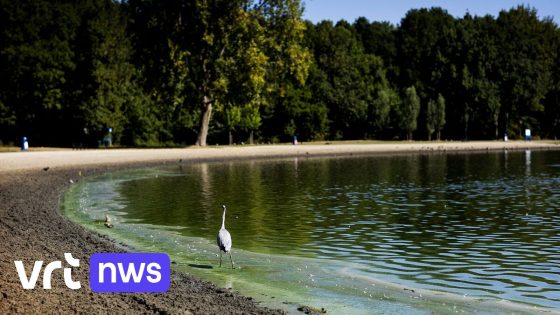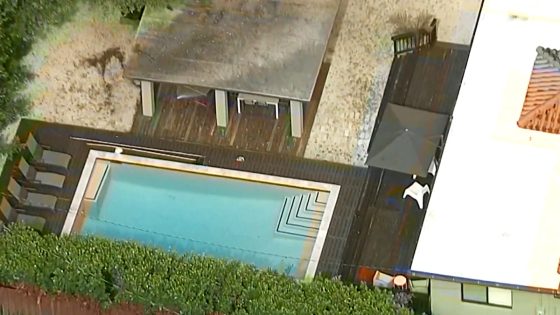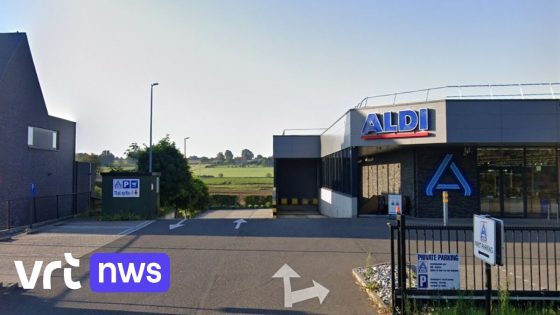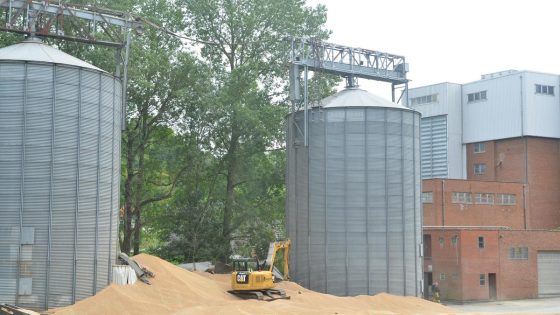Swimmers and outdoor enthusiasts in Flanders face new challenges as blue-green algae outbreaks prompt bans on swimming and recreational activities. The presence of these harmful algae is becoming a growing concern for public health during the summer months.
- Blauwalgen veroorzaken zwem- en recreatieverboden
- Warm en droog weer versnelt bacteriegroei
- Bacteriën verschijnen steeds vroeger in zomer
- Contact met blauwalgen veroorzaakt gezondheidsklachten
- Departement Zorg monitort blauwalgenontwikkeling nauwgezet
According to the Department of Care, these bacteria appear earlier each year, largely due to warm and dry weather conditions. As of 2025-07-10 15:31:00, several locations in Flanders have already enforced restrictions to protect residents from potential health risks.
What exactly makes blue-green algae so dangerous, and how should locals respond? Understanding the risks is crucial before heading to popular water spots this summer.
Why are these algae appearing earlier and more frequently? The trend points to climate factors and environmental changes that create ideal conditions for bacterial growth. This raises important questions about how communities can adapt and protect themselves:
- Warm, dry weather accelerates algae blooms in Flemish waters.
- Contact with these bacteria can cause serious health issues like skin irritation and respiratory problems.
- Authorities monitor water quality closely to issue timely bans and warnings.
- Public awareness and adherence to restrictions reduce risks effectively.
As the season progresses, staying informed about local water conditions and respecting official advisories will be key to enjoying outdoor activities safely. Could this summer mark a turning point for environmental health awareness in Flanders?

































